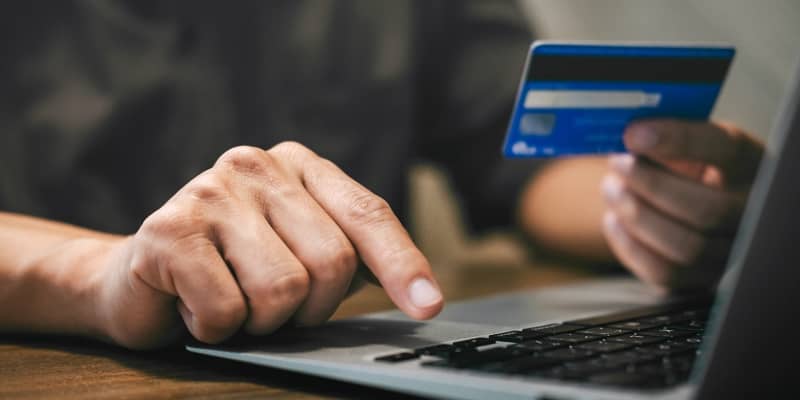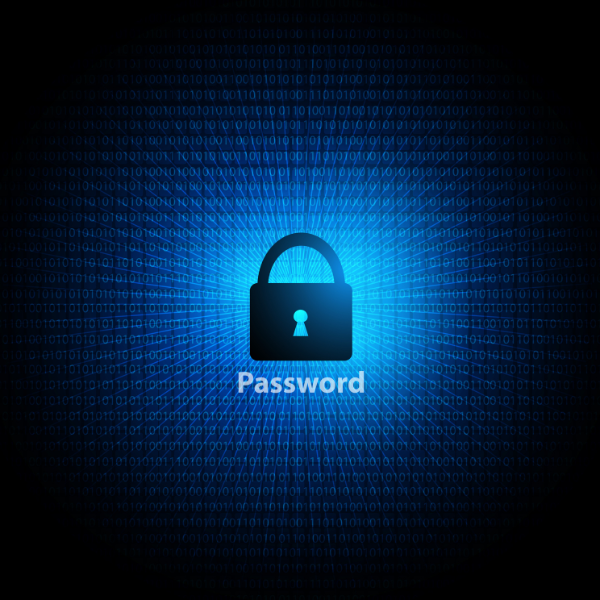Checking your credit reports is the best way to start repairing your credit and preventing future damage. Request a free copy of your report from each of the bureaus at least once every four months, and check for any errors. If there’s something on there that shouldn’t be, dispute it with the bureau in question by sending an explanatory letter with documentation to support your claim. You’ll have to follow up with a phone call, but it’s worth the effort because you may get lucky and they’ll remove the item in question without any additional action necessary on your part.
Identity theft is an all-too-common crime that affects millions of every year. One way to protect against this type of crime is by not sharing your personal information online, including your name, phone number, address, and credit card numbers. You should also be wary of opening emails and clicking on any links or attachments they contain without verifying their authenticity. If your identity has been stolen, the best thing to do is contact a reputable credit repair company that specializes in credit restoration.
When you have a strong password it is harder for someone to hack your account. Strong passwords include letters, numbers, and symbols. Keep your social security number private and don’t use the same password for multiple sites. Change your passwords often, especially after any major data breach. It is also important to monitor your credit report regularly and contact a credit restoration professional if there are any red flags. The best way to avoid becoming a victim of identity theft is not to become one in the first place.
Public Wi Fi is an easy way to access the internet, but it also puts your personal information at risk. Cybercriminals often target public networks to steal personal information, such as banking and credit card data. To minimize the chance of being a victim of identity theft, try not to use public Wi Fi or any other unsecured connection for online transactions. Additionally, be sure to keep all of your important documents in a safe place and shred sensitive documents when you don’t need them anymore. For example, if you have any past tax returns or old bank statements that are no longer needed, shred them before throwing them out so that someone else doesn’t get their hands on your personal information by accident.
Checking your credit report annually is a good way to avoid any unwanted surprises. You may want to consider using a service like D818 Consulting, which will alert you if there is anything suspicious on your credit report and can provide helpful tips about what steps to take next.
If for some reason something does go wrong, the best thing you can do is contact one of the major credit bureaus and request that they investigate the fraud. The process is called credit restoration, which will make it more difficult for identity thieves to open new lines of credit in your name because they won’t have an accurate account of your personal information.
Checking your bank account often is one of the best ways to protect against identity theft. The more often you check, the less likely it is that someone will be able to steal your money or access your sensitive information. checking your account will also help you keep a running tally of any fraudulent transactions and notify your bank sooner, so they can act quickly to reverse them. It’s also important to know how much money is in each account at all times even if it’s just a ballpark figure. This way, when fraudsters try to drain an account with a large balance before anyone realizes what’s happening, you’ll know and be able to stop them in time!
Every year, millions of Americans’ identities are stolen in some way or another. And it’s not just a one-time thing–people tend to steal and use your information repeatedly. To help make sure you don’t fall victim to this unfortunate circumstance, here are some quick tips on how to stay protected:
2) Protect your personal information when shopping online. The best credit repair is to buy things with cash whenever possible. If that’s not an option, be careful about entering your credit card number over the internet and only use secure connections when making purchases.
3) Install antivirus software onto your computer to prevent malware from infecting it with viruses or other unwanted files and programs.
4) Watch out for phishing scams-if someone contacts you out of no where asking for sensitive information, it could be a hacker trying to steal your identity so never give them any information!
5) Take time out of every day to think about what you want posthumously done with your digital assets to protect them better than they are now.


